As we celebrate the 100th anniversary of Women’s Suffrage in the United States, this series of posts puts the 19th amendment in context of our own ancestors.
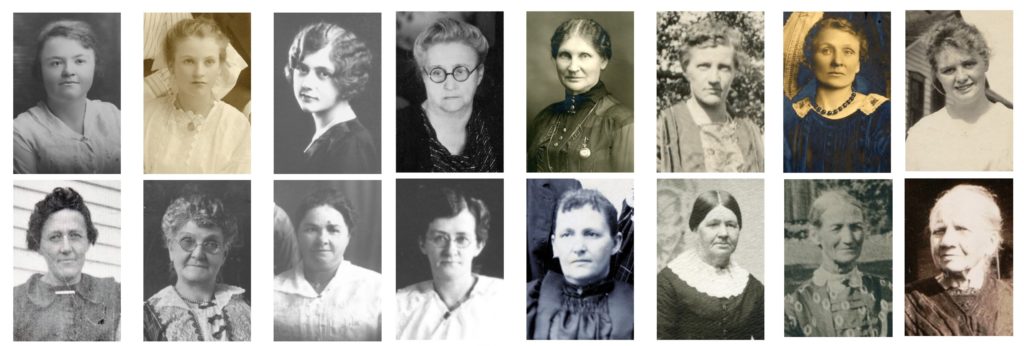
“The right of citizens of the United States to vote shall not be denied or abridged by the United States or by any State on account of sex.”
19th Amendment
This is the fifth segment in our series about women’s suffrage. In the first, you were introduced to our sixteen female ancestors who were alive in the United States in 1920 when the 19th Amendment was signed on 26 Aug 1920. The second post gave a summary of the path leading to gaining full voting rights in 1920. The third and fourth covered the elections in which our profiled ancestors were not allowed to vote.
This post covers the 1920 election – the first election where women across the United States had full voting rights.
Cox versus Harding
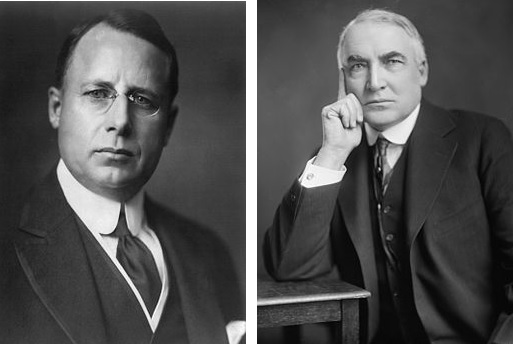
James M. Cox (D) v. Warren G. Harding (R).
The Great War
To begin discussion of the 1920 presidential election, we have to back up to the previous elections. Woodrow Wilson, a democrat, had been elected president in 1912 and was reelected for a second term in 1916. Even though Wilson received the Nobel Prize for his peacemaking efforts, his second term was much criticized.
Though Wilson had kept the United States out of the Great War during his first term, shortly after his reelection, the US declared war on Germany and entered the war in April 1917. Over 4.7 million American men served, in what later became known as World War I, with 116,516 of them losing their lives and another 320,000 or so becoming sick and/or wounded.
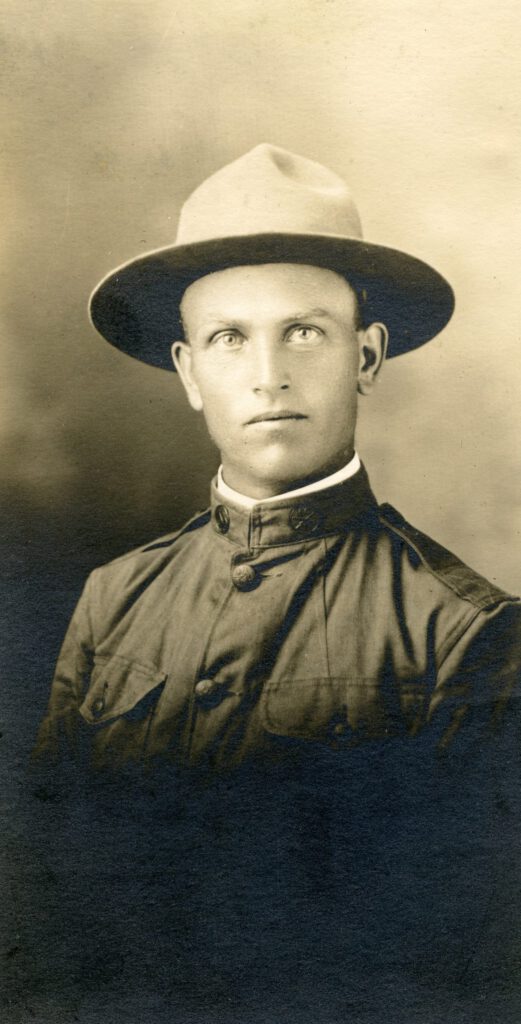
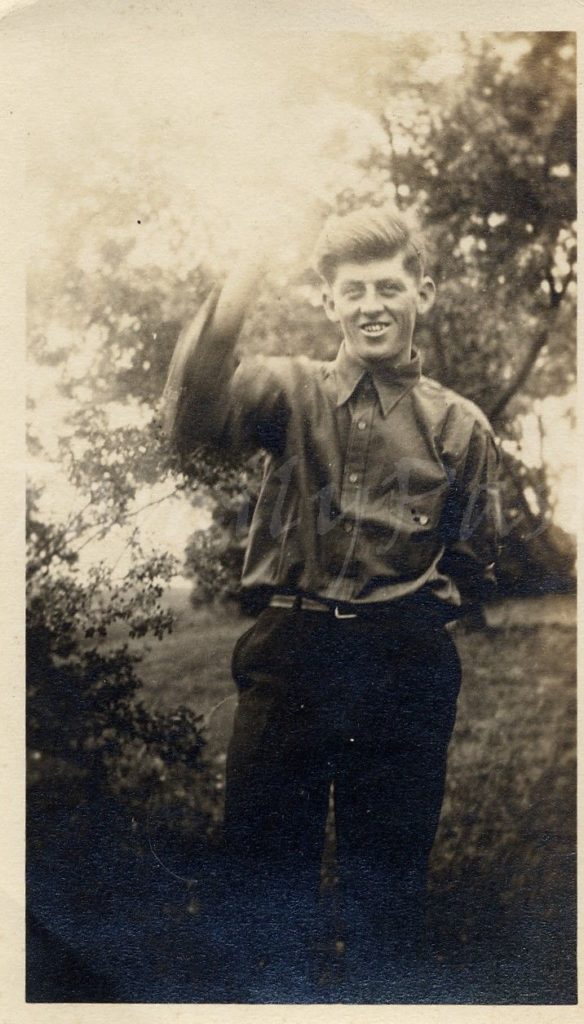
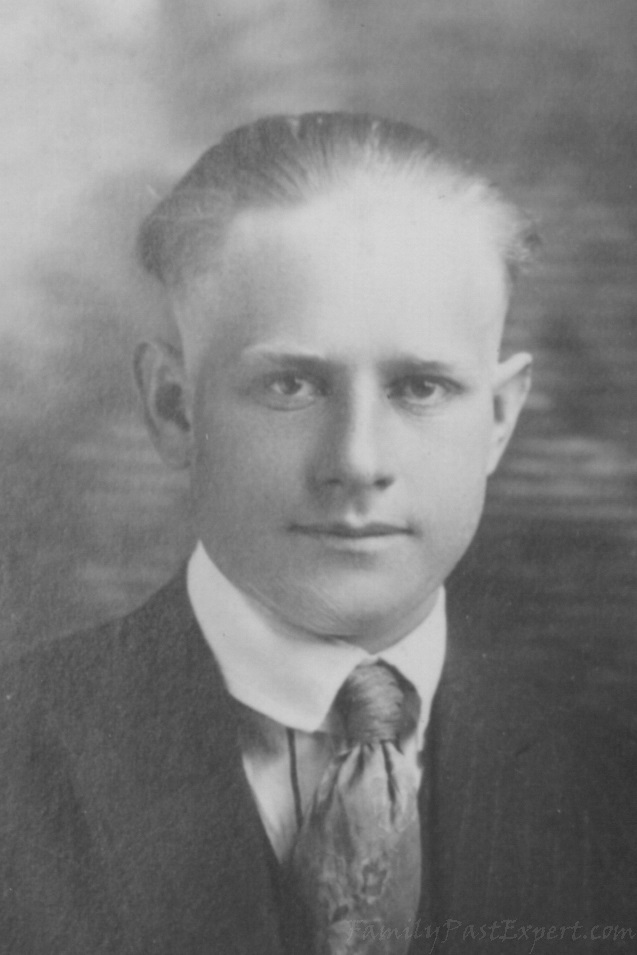
Caroline Hilson Aldahl’s oldest son, George, went to fight and was wounded by a shell and a bullet while fighting at Argonne, in the forests of France. Amelia Brace Phillips sent two boys to the army, Floyd was sent to France and Albert served stateside. Lona Iona Fawcett’s husband, Tom, served in France too.
Even those who didn’t serve or have sons harmed in the war had to make sacrifices. As they fed their families, women were asked to observe two wheatless days a week, save sugar every day, eat no meat on Tuesdays, keep Saturdays porkless, and make every day a fat-saving day.
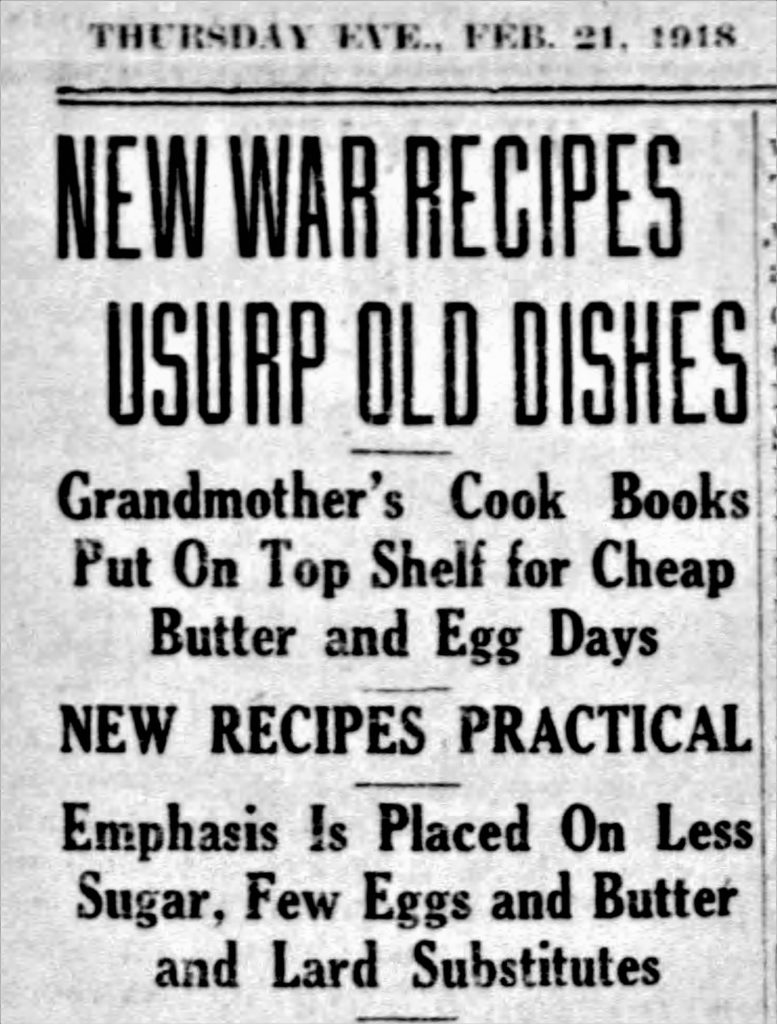
Wilson was criticized by the republicans and his own party for negotiating the Treaty of Versailles without Congress. When the treaty called for the establishment of the League of Nations, a precursor of the United Nations, Wilson would not compromise with the Republicans who opposed it.
Prohibition
During Wilson’s tenure, the 18th amendment was ratified and made law. Manufacture, sale, and transportation of alcohol was banned. In 1919, Wilson vetoed the Volstead Act (National Prohibition Act) that provided enforcement for the 18th amendment. But, his veto was overridden by Congress. Prohibition began January 17, 1920.
No support for laborers
Wilson lost supporters when he did not support striking labor workers in several industries, including the railroads and coal mining.
In his first term, he swiftly passed reforms including tariff, banking, labor, and tax reforms. Reducing tariffs lowered the cost of living for the middle and working classes. Establishing the Federal Reserve Bank made the US banking system more able to handle changing economic conditions. He fought big business and passed child labor laws. Under his leadership, the eight-hour workday for railway workers was implemented. He also implemented a federal income tax, set on a sliding progressive scale so that the rich paid their share.
But, during his second term, there were several high profile strikes and it became clear that Wilson did not tolerate revolts of the working class. He believed that improvements for workers should come from above, not be gained by unions and strikes. He believed in the open-shop concept thinking men shouldn’t have to join a labor union. He supported union-busters. He was clearly anti-union.
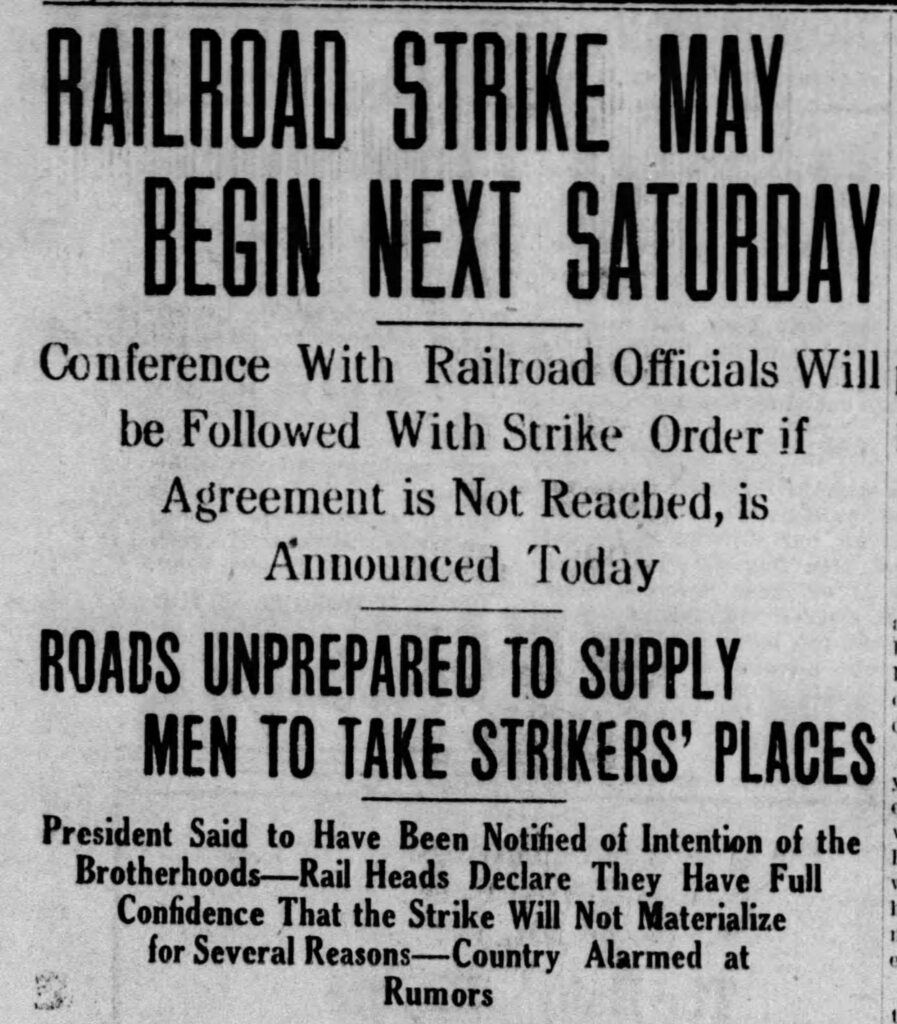
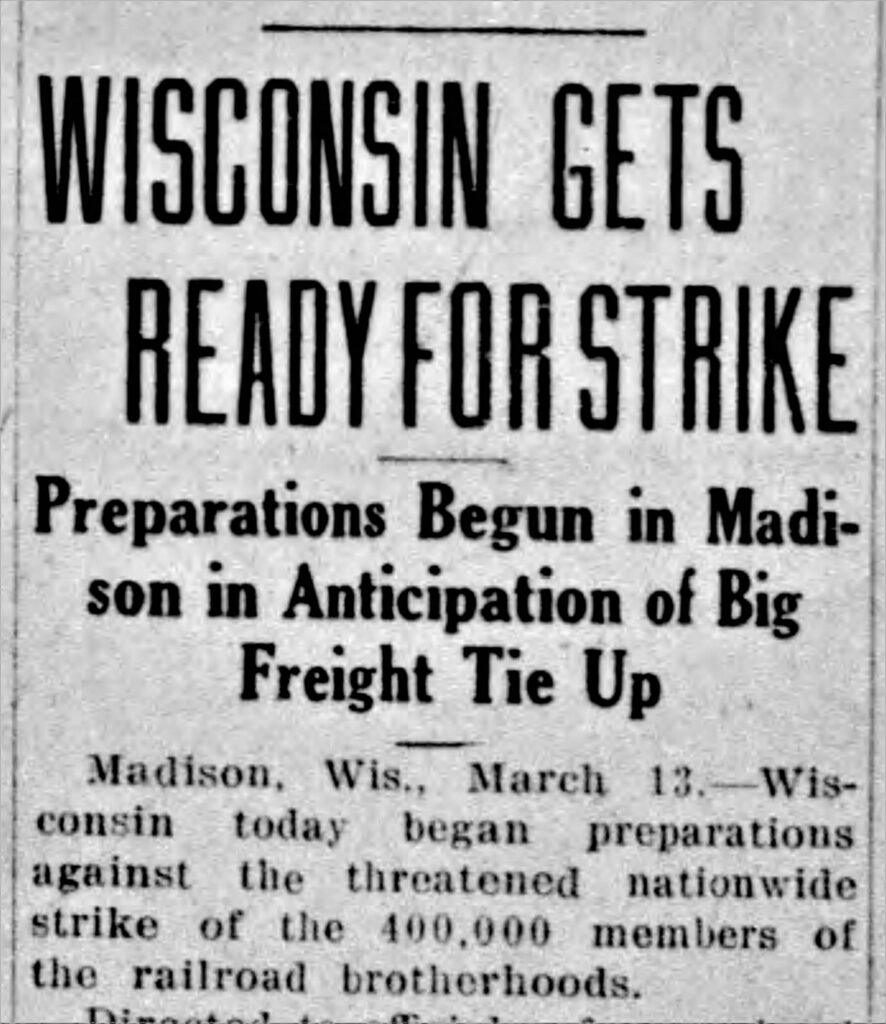
Deportations
Wilson also lost popularity for leading mass deportations of people suspected of being radicals. This was the time of the First Red Scare. The Russian Revolution in 1917 put many Americans on high alert. The 1917 Espionage Act and Sedition Act of 1918 were a result of that panic. The Sedition Act allowed for monitoring people deemed radicals, especially labor union leaders. Threats of deportation followed.
At the time of World War I, the US was a nation of immigrants. Many ethnic groups were suspected of holding too much loyalty to the countries from which they came. Many people in Marathon County, Wisconsin, for example, still spoke German since they were children of immigrants or immigrants themselves. You may recall that several of our featured women were immigrants from Germany, namely, Bertha Kluender Aschbrenner, Clara Freese Lemke Boettcher, and Frieda Lemke Krueger.
Tensions grew when an organized group of Italian anarchists sent letter and package bombs to government officials, businessmen, and law enforcement officials in the spring of 1919. So it was true that there were some radicals in the US.
Between November 1919 and January 1920, a series of raids, called the Palmer Raids, were conducted. The raids were to capture and arrest suspected leftists, anarchists, and communists, and deport them from the US. Most of those targeted were Italian, Eastern European, or Jewish immigrants. Immigrant labor activists were a priority. Over 3,000 were arrested. 556 foreign citizens were deported.
The attorney general, A. Mitchell Palmer, who had been a recipient of one of the bombs, was convinced that the US government was at risk of being destroyed if the radicals weren’t squashed. In August, 1919, Palmer named J. Edgar Hoover to head a new division of the Justice Department responsible for investigating the programs of radical groups and for identifying their members. Hoover was only 24-years old at the time.
The Palmer Raids were violent and abusive. When Palmer led a raid of the Union of Russian Workers in twelve cities, many were badly beaten during the arrests and during questioning. Many innocent bystanders were arrested.
When Palmer got sidetracked dealing with the United Mine Workers coal strike in late 1919, Hoover took over the raids. Hoover was able to get procedures relaxed, for example, those arrested didn’t have to be advised about their right to an attorney. Suspects were pulled out of their apartments, often without warrants. Suspects were held secretly without being charged. People were arrested at union halls and radical bookstores. Suspects were detained and starved and tortured. Over 75% of those arrested were released.
The American Civil Liberties Union (ALCU) was formed in 1920 as a result of the Palmer Raids.
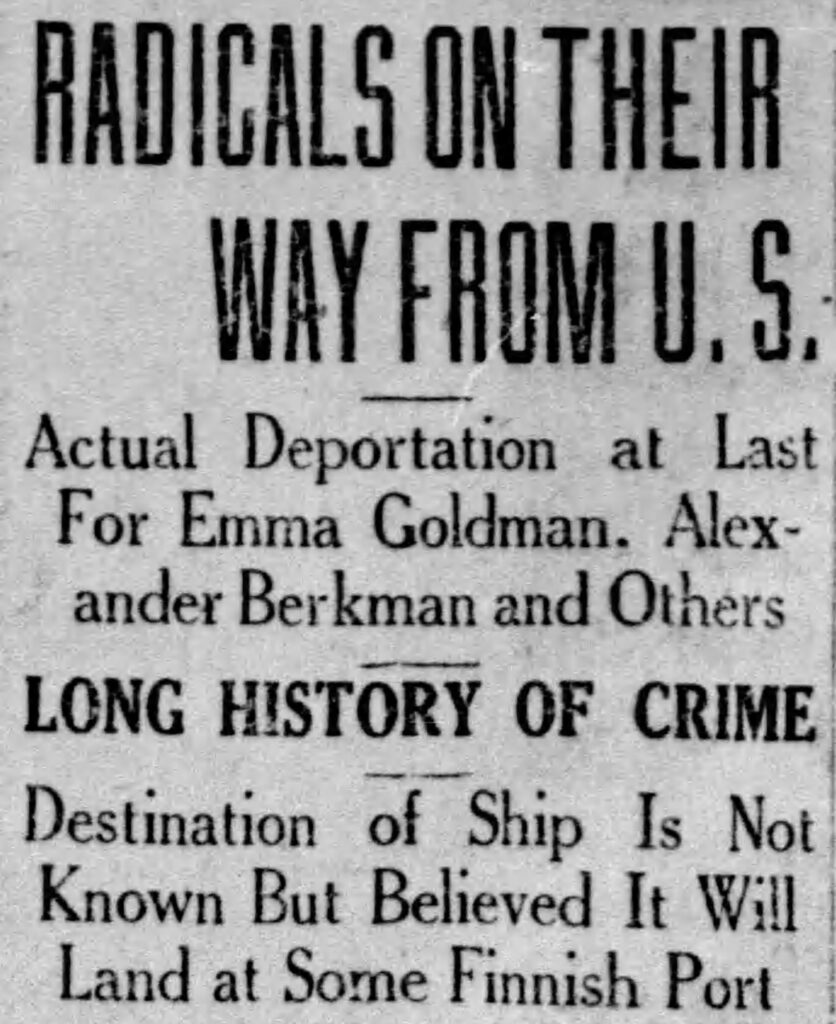
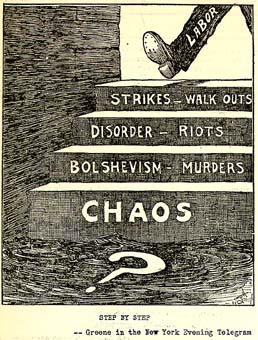
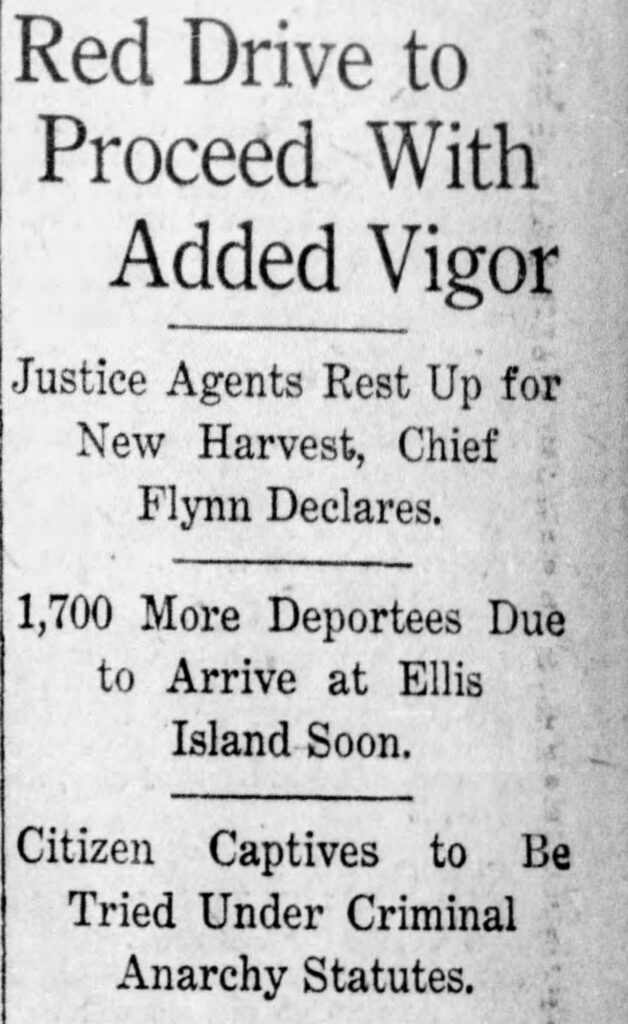
It should be noted that Wilson has been criticized in more modern times for his pro-segregationist beliefs and support for white supremacy and Jim Crow laws. At the time though, the civil rights fight was barely beginning and most Americans were not outraged by Wilson’s type of thinking.
Candidates, platforms, and campaigning
Wilson could have run for a third term. There were not yet rules against it. He wanted the 1920 Democratic nomination even though his health was failing and he was unpopular. But, the democrats went another way. They chose Ohio governor James M. Cox as their man. Franklin D. Roosevelt, the assistant secretary of the Navy was his running mate.
The republicans went with a man from Ohio too. They nominated Warren G. Harding, an Ohio senator. They chose Massachusetts Governor Calvin Coolidge as his running mate.
Harding ran on a platform of lower taxes and limited immigration. He rallied against membership in the League of Nations. The campaign criticized the democrats for both getting into the Great War and for how they got out of it. Most of the campaigning was done from Harding’s home in Ohio.
Cox and Roosevelt, the democrats, however, toured the country to promote their progressive platform. They pushed for membership in the League of Nations viewing it as a way of maintaining permanent peace in the world. The democrats had internal problems though. They had financial troubles and couldn’t decide among themselves what their position on issues, prohibition for example, should be.
As in most elections, there were other candidates. One of note in the 1920 election was Eugene Victor Debs. He was the Socialist Party of American candidate for president in 1904, 1908, 1912, and 1920. He was a founder of the Industrial Workers of the World (IWW) and was a labor activist. He had led a boycott which led to what became known as the Pullman Strike which was ended only when President Grover Cleveland called in the US Army. For that, Deb’s was sent to prison. There he studied socialist theory. In 1918, he was sent to prison again for opposing World War I. So, when he ran for president in 1920, he was in prison serving a 10-year term.
Suffrage in Wisconsin
When a special election was held in September 1919 in Wisconsin, our Wisconsin women were not allowed to vote. Earlier that year, they have been granted the right to vote for president. But they couldn’t vote in this special election. It was really important for the 19th amendment to pass in order for women to get full voting rights.
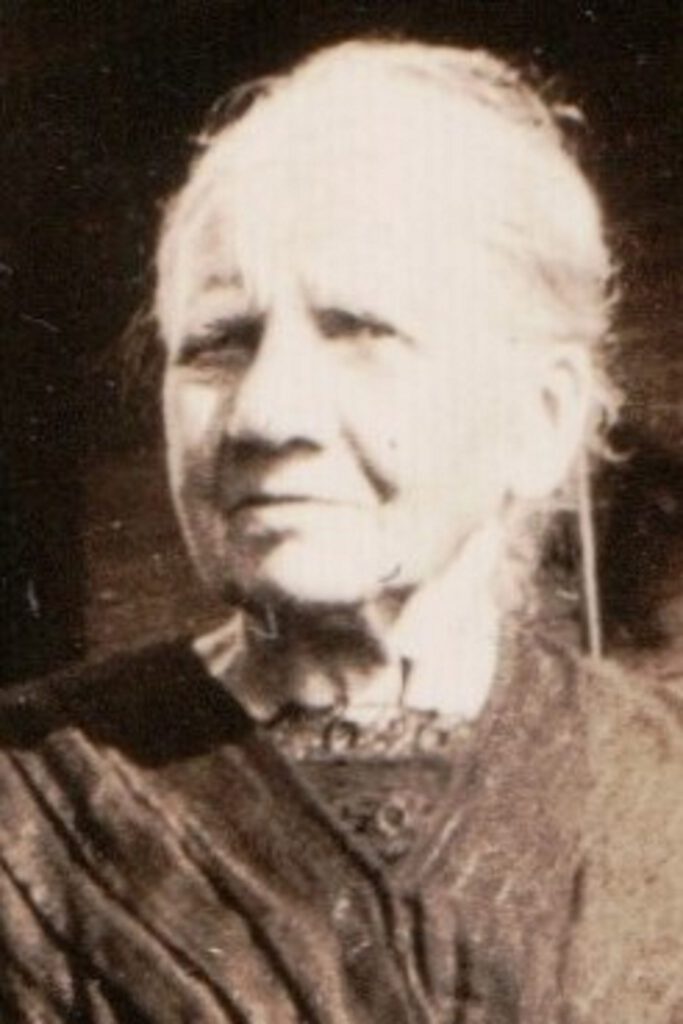
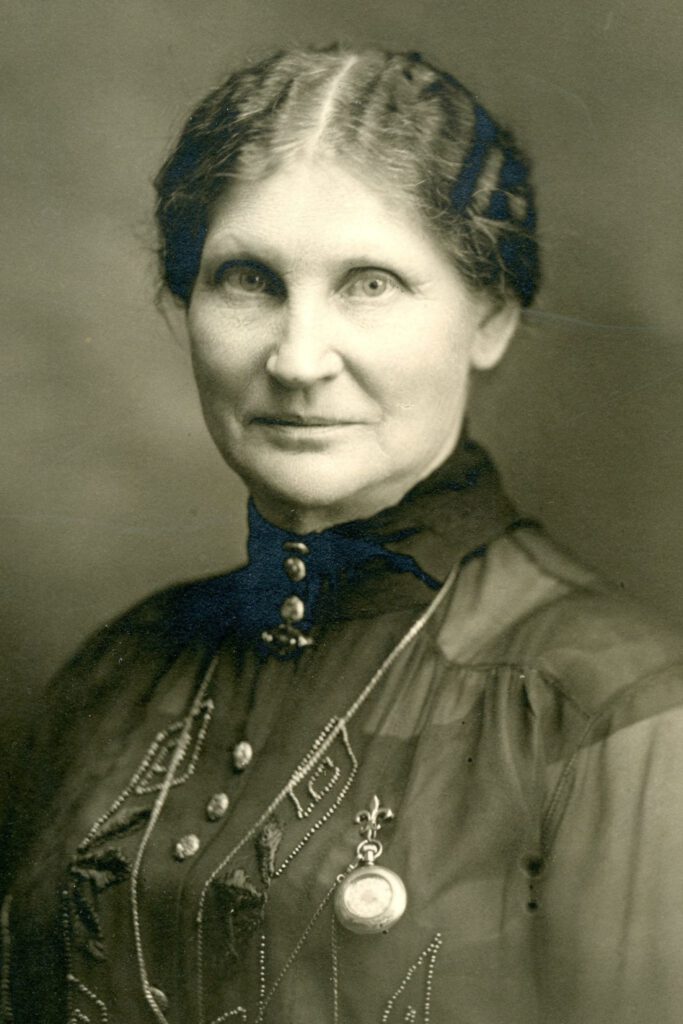
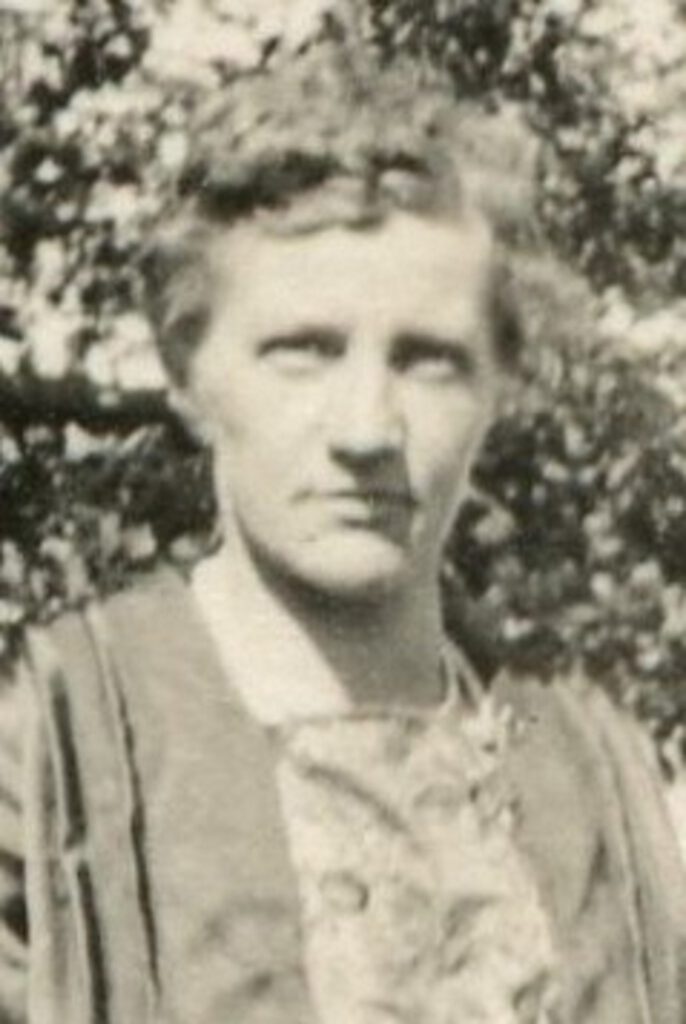
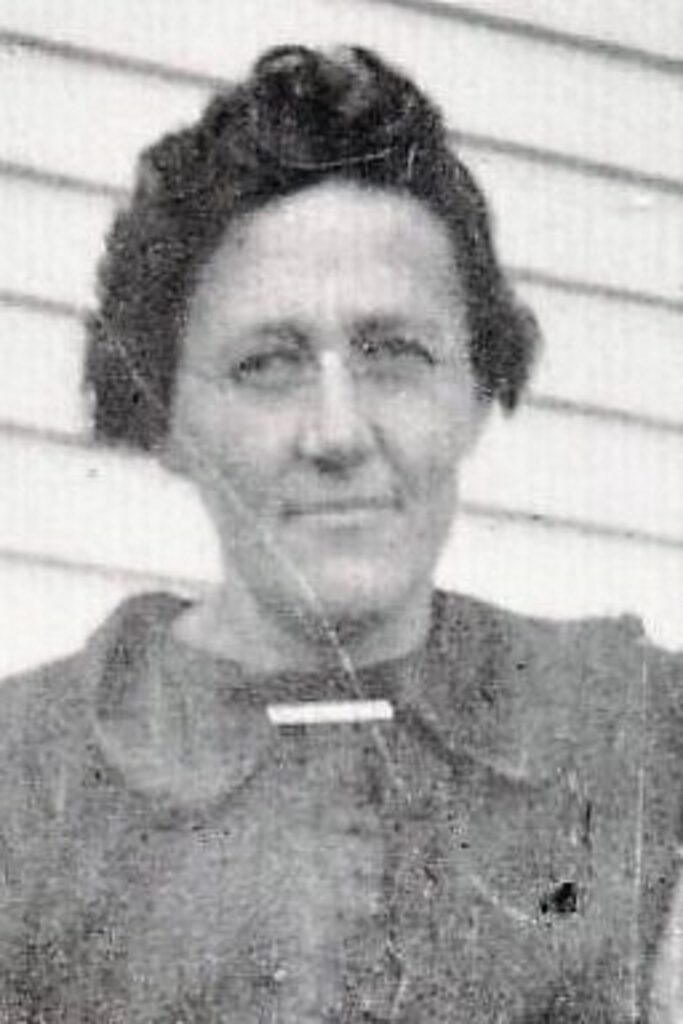
This particular vote was in regards to a soldier’s bonus. On August 04, 1919, the Wausau Daily Record-Herald quoted the Wisconsin Attorney General who said, “I appreciate the interest that the women are taking in behalf of the soldiers’ bonus bill but for the time being the best they can do is to encourage their friends to support the bill at the special election.”
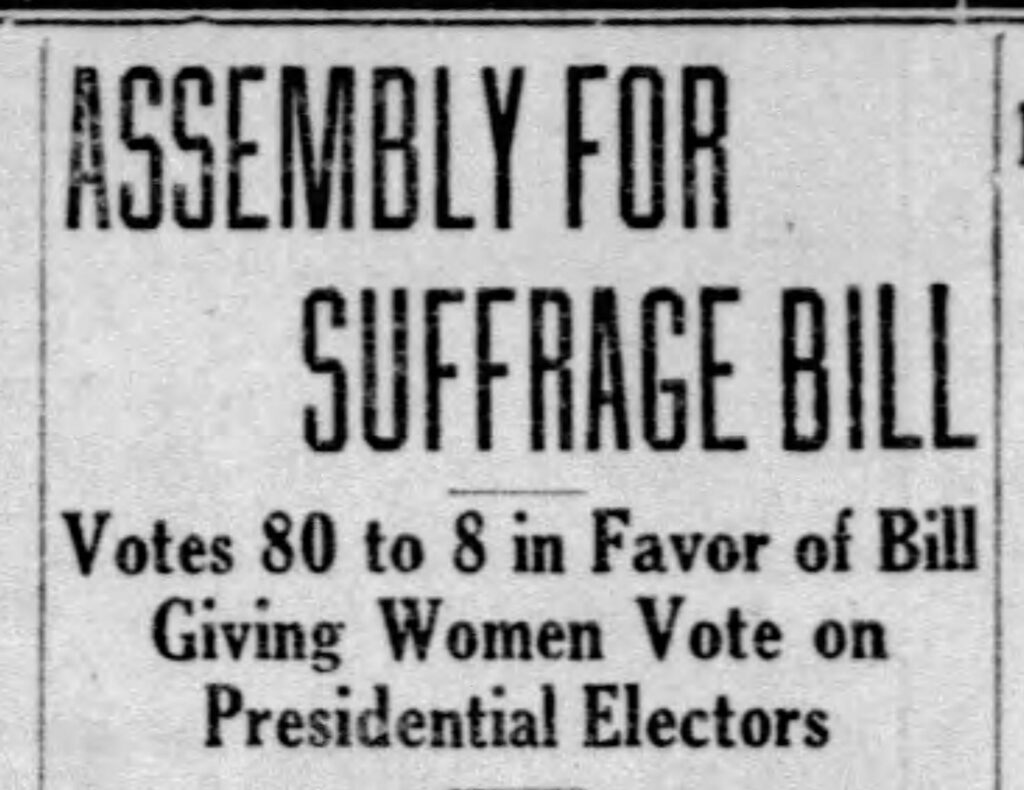

He further explained, “The last legislature passed a law permitting women to vote for president electors and the legislature also ratified by three-fourths of the states, will entitle women to vote on all questions and at all elections. However, three-fourths of the states have not yet ratified the federal suffrage amendment and until three-fourths of the states do ratify said amendment, it is not a part of the federal constitution and the right of suffrage is not extended to women beyond the right which they now have under state law.“
Suffrage in Minnesota
Our Minnesota women would have been able to cast a vote for president even if the 19th amendment hadn’t been signed. In 1919, Minnesota passed a bill to let women vote for president. They would have had to had a separate ballot though, because until the 19th amendment, they would have been prohibited from voting for candidates for state offices. So, registration was separate, ballot boxes were separate, and the ballots would have been different. In a June 1920 article, the Minneapolis Star Tribune explained, “Women are not entitled to vote for state offices and it would be misleading and confusing to present them with ballots containing the names of candidates for whom they are not entitled to vote.“
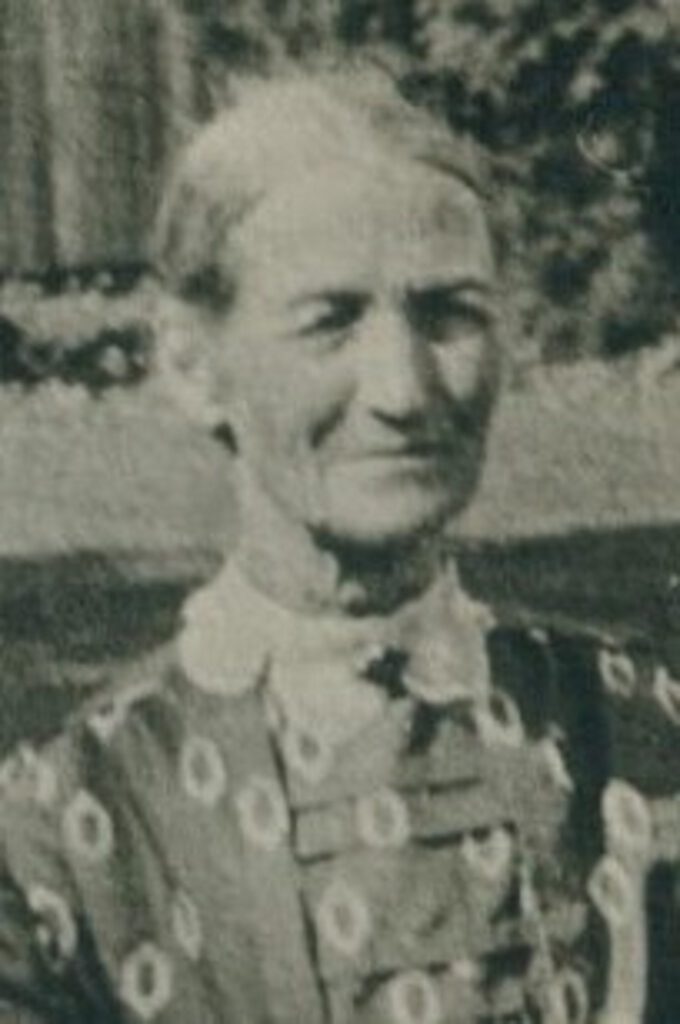
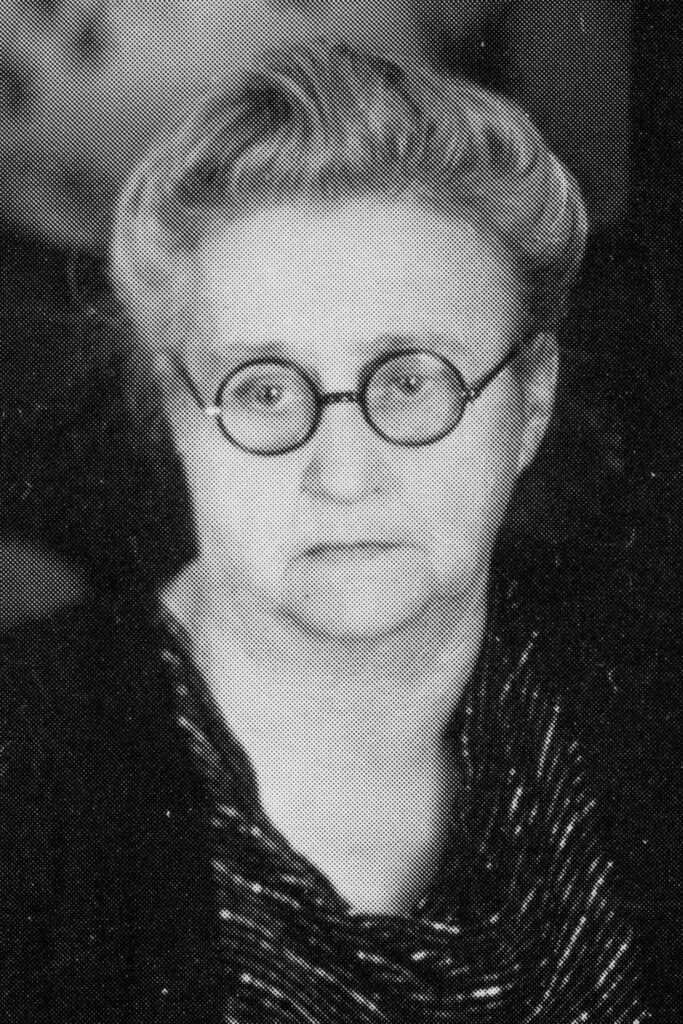
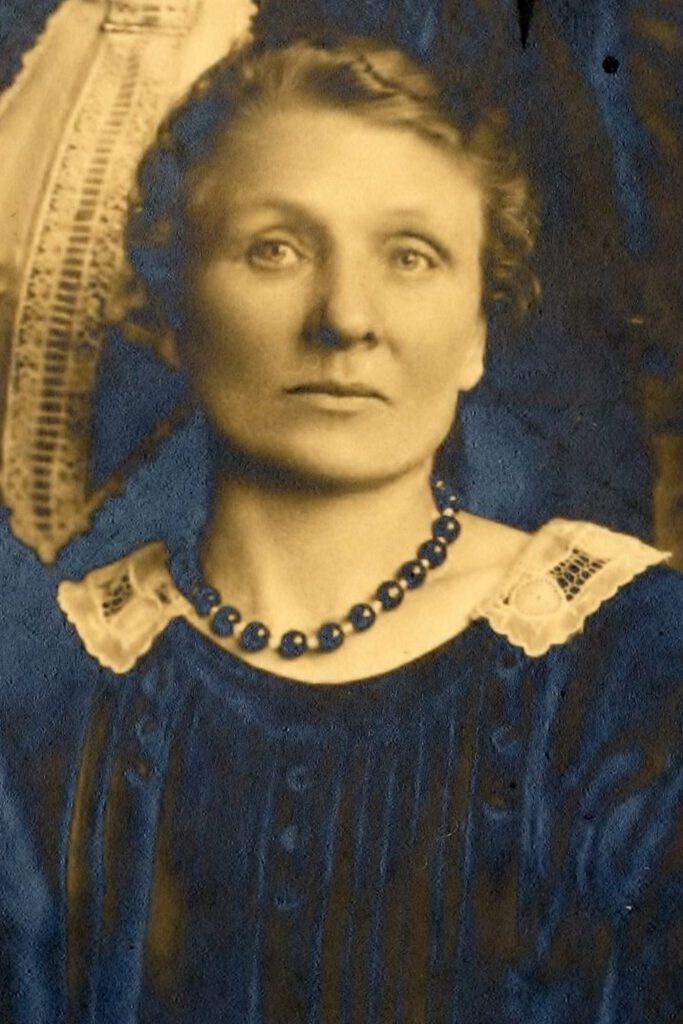
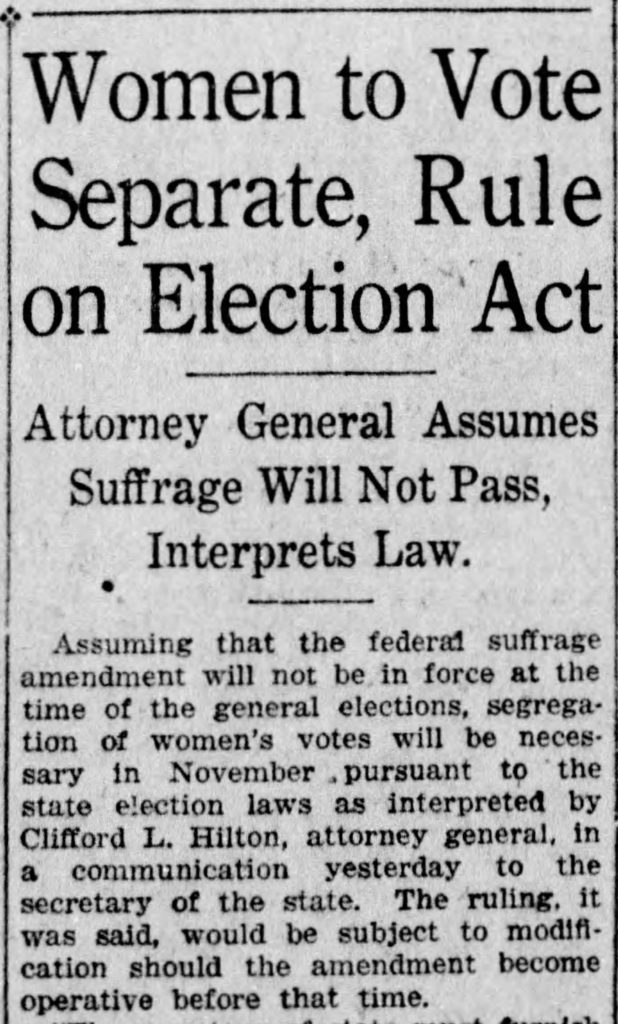
Big Win
Harding won the popular vote by the largest margin in any presidential election – 60.3% to 34.1%. He won 404 electoral votes to Cox’s 127. Cox only won in the deep south.



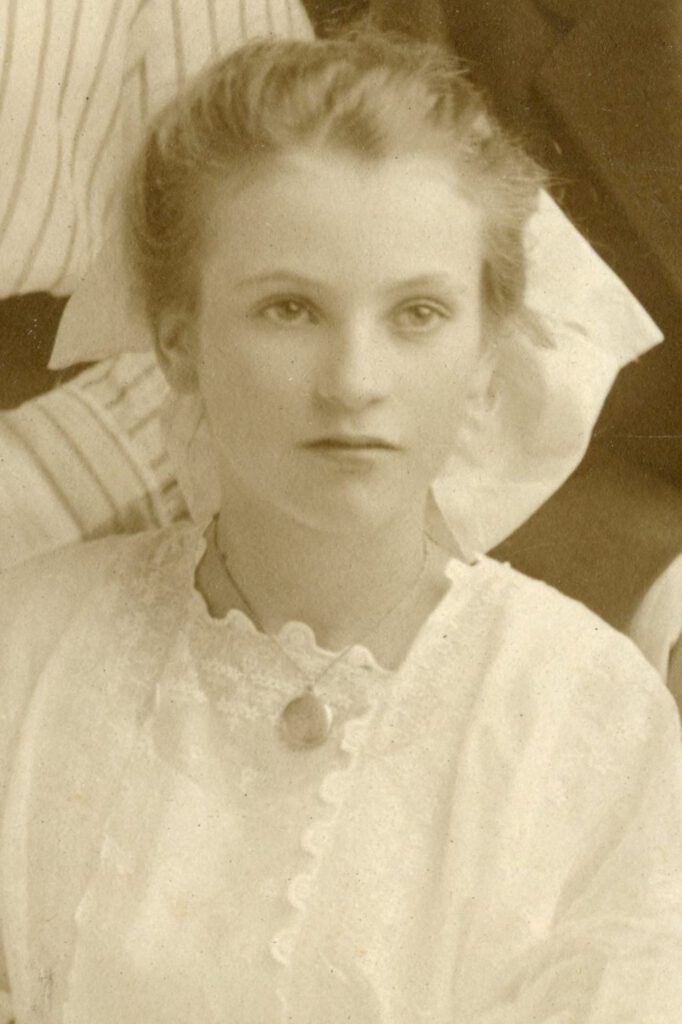
In Mower County, Minnesota, 82% of the votes went for Harding. Barebo Engebretsdtr Torset Christianson, Bertha Stemson Christianson, and Caroline Hilson Aldahl may have voted there. Margaret Olga Aldahl may have been paying attention there even though she was too young to vote.
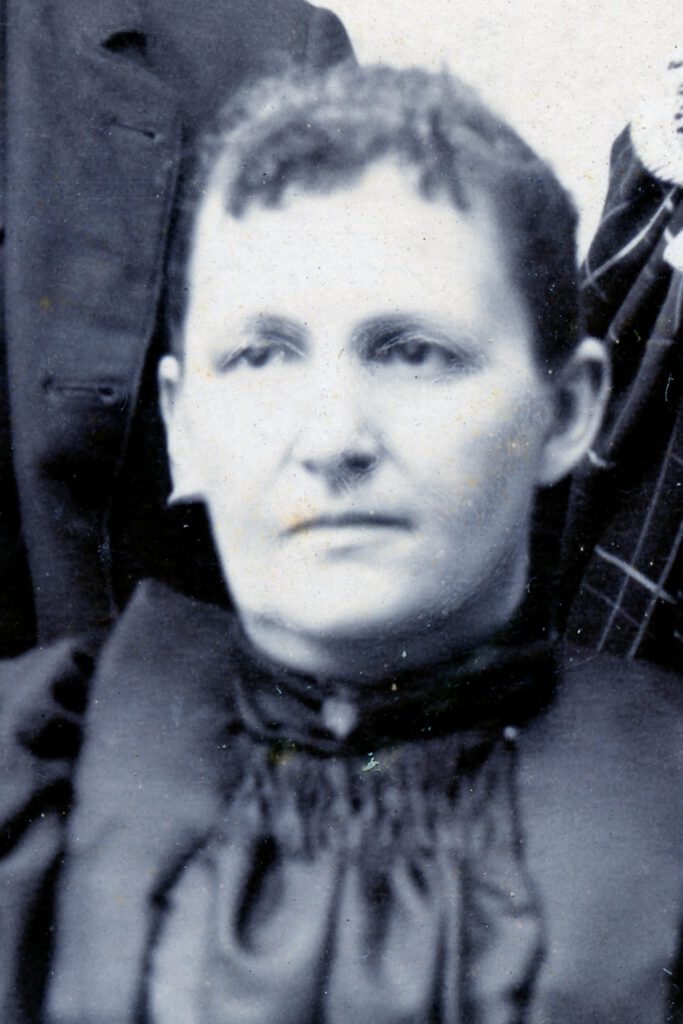
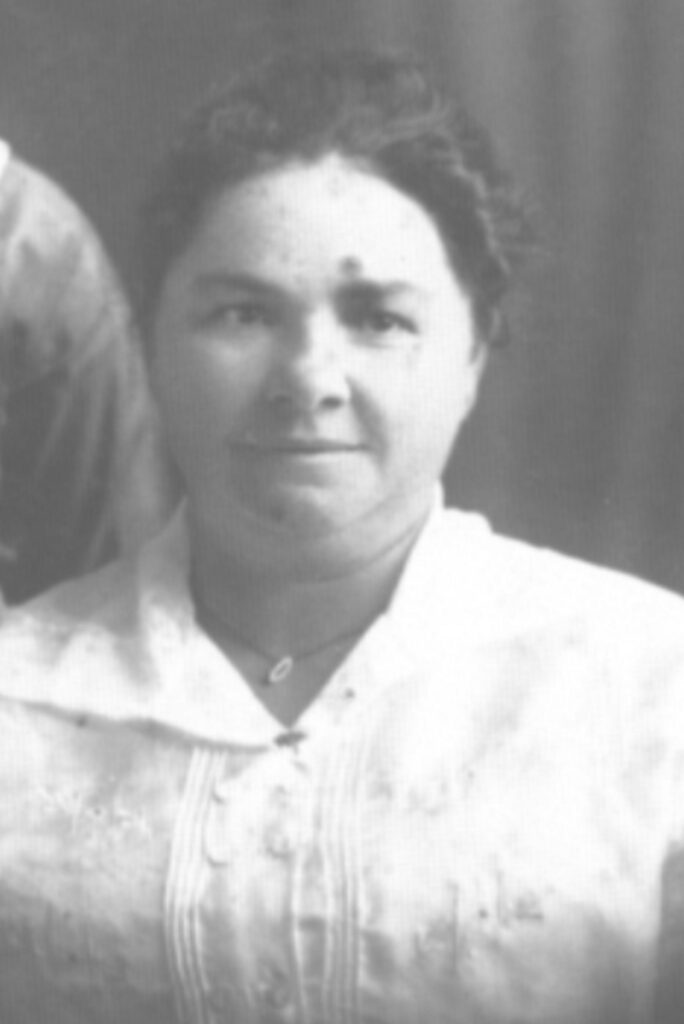
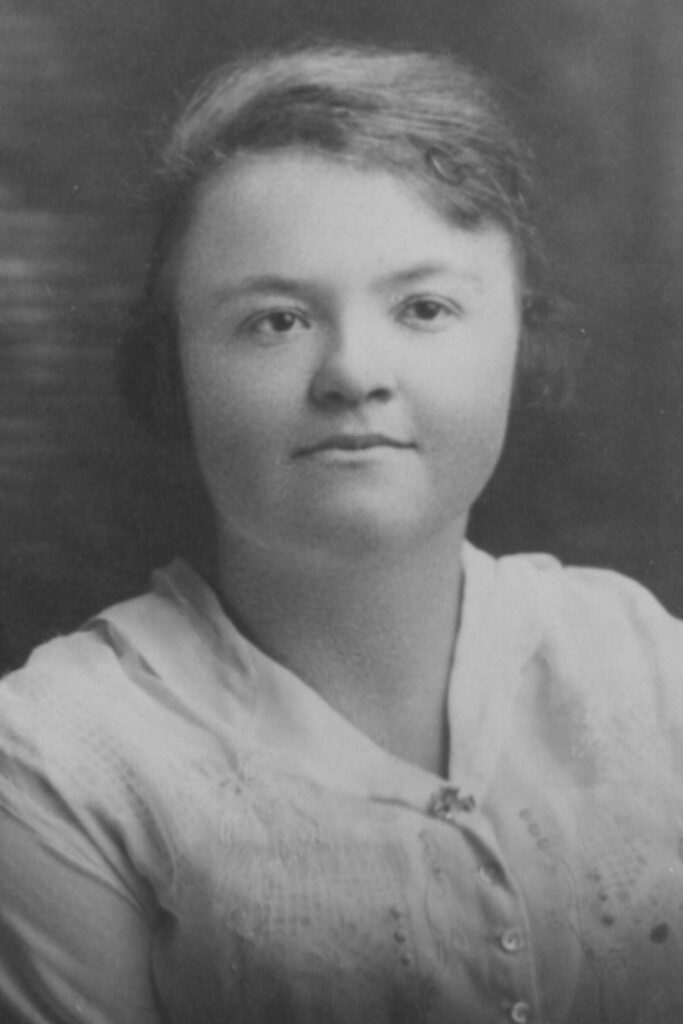
Iowa went for Harding with nearly 71% of the popular vote. Helen Lucina Baldwin Fawcett lived in Poweshiek County which gave about 73% of their votes to Harding. Sac County, where Barbara Mary Meyer Fawcett and Lona Iona Fawcett Estes lived cast 76% of their votes for Harding. We’ll never know if Helen and Barbara went to cast a vote. Lona was too young still in 1920.
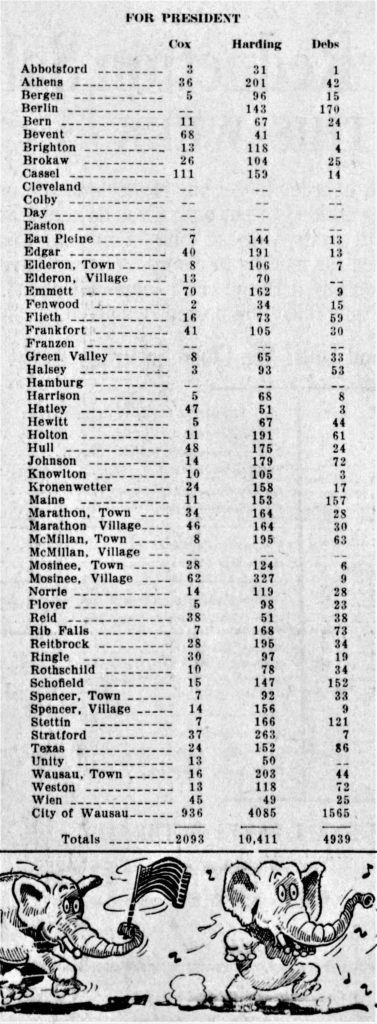
Remember Eugene Debs, the Socialist Party candidate? While he may have only received 3% of the popular vote across the United States, he did really well in Marathon County, Wisconsin.
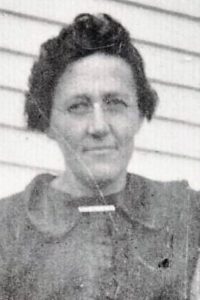
Debs did exceptionally well in Town of Berlin, Marathon County, Wisconsin, where Alice Fehlhaber Aschbrenner lived. In fact he won. He received 170 votes, Harding got 143 votes, and not a single person cast their vote for the democrat, Cox.


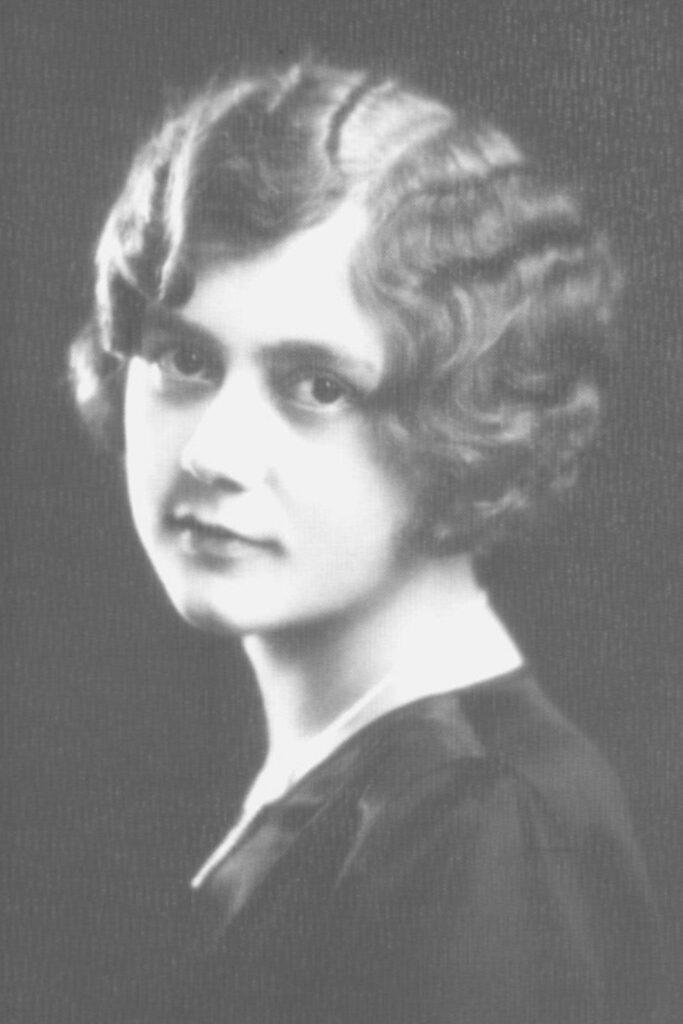
While the city of Wausau, where Clara Christine Elsabe Freese Lemke Boettcher, Frieda Lemke Krueger, and Selma Cornelia Aschbrenner lived, cast a majority of their votes for Harding, Debs came in second.
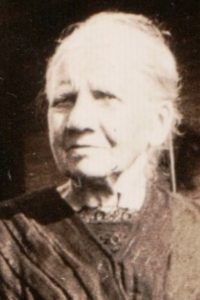
Stratford, where Bertha Auguste Henriette Kluender Aschbrenner lived, did vote more traditionally, with Debs getting few votes.
But in total, the whole county preferred Debs to Cox. Its still a mystery why Marathon County was so in favor of socialism. Wish we could know how our ancestors voted!
Not surprising, Illinois threw its support to Warren Harding like a majority of the country.
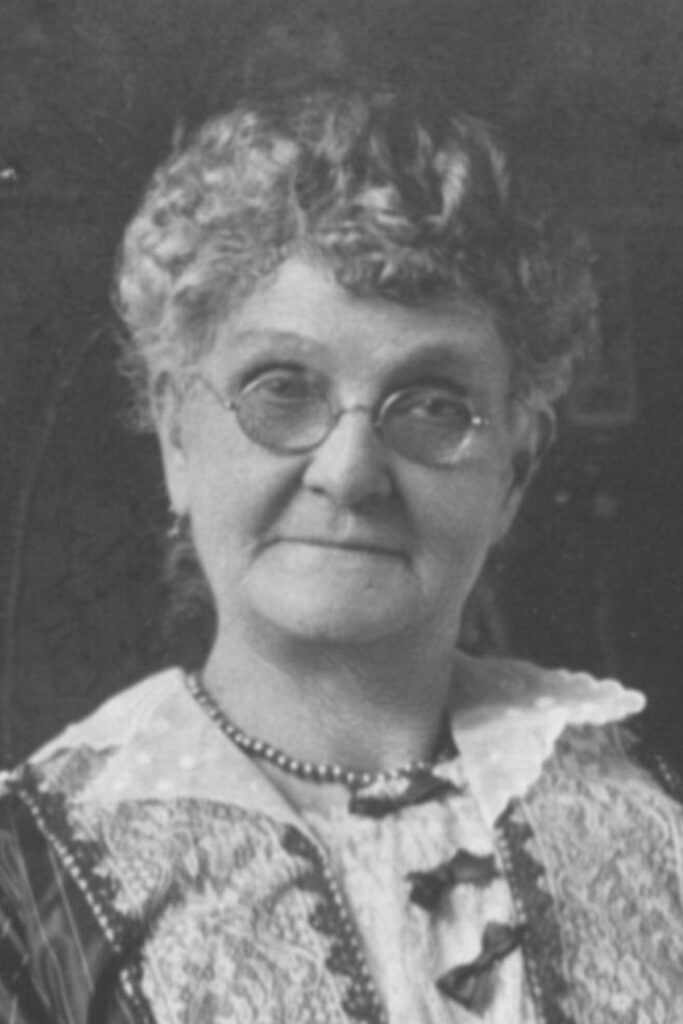
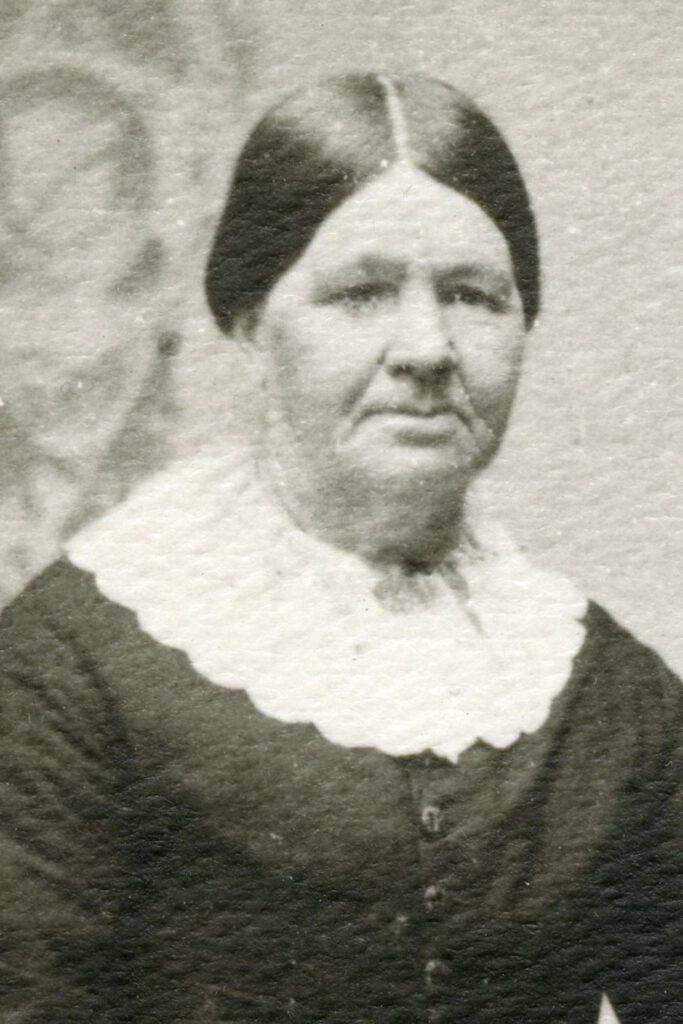
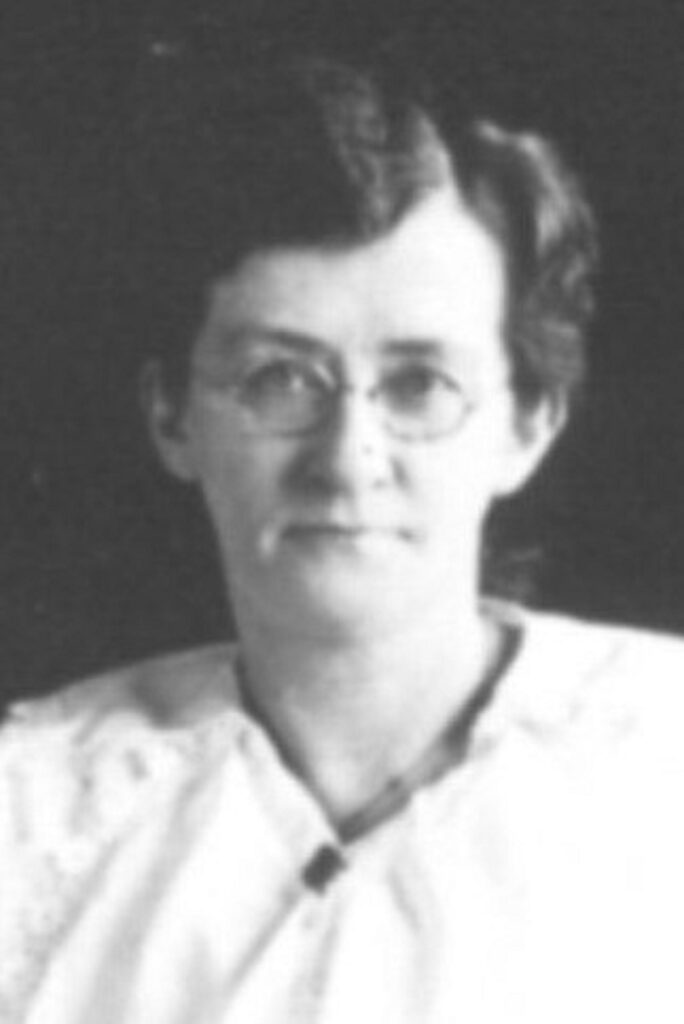
Kane County, where Amelia “Millie” A. Brace Phillips, Jane Elizabeth Cornell Miller, and Gertrude Lovin Boyce Phillips lived, went for Harding. He got about 76% of the popular votes.
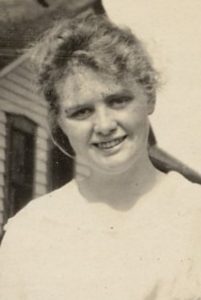
DeKalb County, where Leona Catherine Miller was able to cast her first vote, was solidly in favor of Harding who got about 87% of the popular vote. In her town of Sandwich, Harding got 1025 votes to Cox’s 138. We’ll learn more about Leona in our next post.
29th and 30th presidents
Warren G. Harding became the 29th president of the United States.
Harding did not serve his full term. He died during his third year in office. Calvin Coolidge replaced him, becoming the 30th president of the United States.
1920 election
We’ve now learned what was going on at the time the 19th Amendment was signed allowing women full voting rights. Our next post will feature a special guest essay on one of our ladies, and last, we’ll discuss struggles that remain long after 1920.
Selected Sources:
File:James M. Cox 1920.jpg, Wikimedia Commons (https://commons.wikimedia.org/wiki/File:James_M._Cox_1920.jpg : accessed 12 Jul 2020).
File:Warren G Harding-Harris & Ewing.jpg, Wikimedia Commons (https://en.wikipedia.org/wiki/File:Warren_G_Harding-Harris_%26_Ewing.jpg : accessed 12 Jul 2020).
John M. Cunningham, “United States presidential election of 1920,” Encyclopaedia Britannica (https://www.britannica.com/event/United-States-presidential-election-of-1920 : accessed 12 Jul 2020).
“U.S. Entry into World War I, 1917,” Office of the Historian (https://history.state.gov/milestones/1914-1920/wwi# : accessed 22 Jul 2020).
Carol R. Byerly, “War Losses (USA),” 1914 1918 Online, 08 Oct 2014 (https://encyclopedia.1914-1918-online.net/article/war_losses_usa/2014-10-08#:~:text=American%20losses%20in%20World%20War,the%20influenza%20epidemic%20of%201918. : accessed 22 Jul 2020).
Colin Mahoney, “Victory Recipes of the Great War,” PBS, (https://www.pbs.org/wgbh/americanexperience/features/victory-recipes/ : accessed 22 Jul 2020).
“Women to Vote Separate, Rule on Election Act: Attorney General Assumes Suffrage Will Not Pass, Interprets Law,” Star Tribune (Minneapolis, Minnesota) 04 Jun 1920, page 2 (https://www.newspapers.com/image/181892963/ : accessed 22 Jul 2020).
“1920 United States presidential election in Minnesota,” Wikipedia (https://en.wikipedia.org/wiki/1920_United_States_presidential_election_in_Minnesota : accessed 22 Jul 2020).
“1920 United States presidential election in Iowa,” Wikipedia (https://en.wikipedia.org/wiki/1920_United_States_presidential_election_in_Iowa : accessed 22 Jul 2020).
“Vote in Marathon County,” Wausau Daily Record Herald, 03 Nov 1920, p. 1 (https://www.newspapers.com/image/272435703/ : accessed 22 Jul 2020).
“For President in Illinois,” Chicago Tribune, 03 Nov 1920, p. 2 (https://www.newspapers.com/image/355196309/ : accessed 22 Jul 2020).
“De Kalb Did Its Share: This County Piled Up a Great Vote for the Republican Candidates. All of them big.” The Daily Chronicle, 03 Nov 1920, p. 1 (https://www.newspapers.com/image/126911758/ : accessed 22 Jul 2020).
“Iowa Vote on President,” The Sioux City Journal, 03 Nov 1920, p. 7 (https://www.newspapers.com/image/478718960/ : accessed 22 Jul 2020).
“Domestic Policy Achievements,” The President Woodrow Wilson House (http://www.woodrowwilsonhouse.org/domestic-policy-achievements : accessed 23 Jul 2020).
“Woodrow Wilson,” History, 06 Jun 2019 (https://www.history.com/topics/us-presidents/woodrow-wilson : accessed 23 Jul 2020).
Chad Pearson, “Woodrow Wilson and Anti-Unionists,” LAWCHA, 01 Dec 2015 (http://www.lawcha.org/2015/12/01/woodrow-wilson-and-anti-unionists/ : accessed 23 Jul 2020).
“Palmer Raids,” Wikipedia (https://en.wikipedia.org/wiki/Palmer_Raids : accessed 23 Jul 2020).
“Palmer Raids,” History, 21 Aug 2018 (https://www.history.com/topics/red-scare/palmer-raids : accessed 23 Jul 2020).

